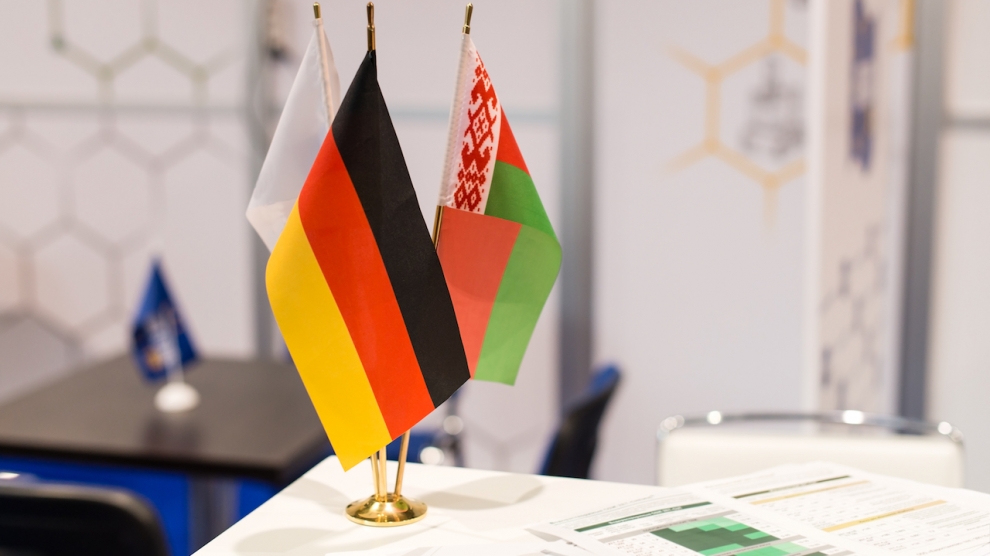‘Big guns’ are out
 The situation has not changed
The situation has not changed

Given that lingering normalization with the European Union has not led to significant improvements in trade and economic relations with EU member states, Minsk has taken a decisive public step: the Belarusian president set out his claims and wishes to the German ambassador as a representative of the most influential EU state.
A tet-a-tet meeting between the president and a foreign ambassador is a scarce phenomenon in Belarusian diplomacy. The meeting has emphasized the significance of the statements and the size of the existing problem. At the meeting with Ambassador Peter Dettmar, Lukashenka announced Belarus’ intention to develop relations with the European Union and emphasized Germany’s important role in this process. Simultaneously, the Belarusian president reproached the EU for protectionism and the complexity of trade negotiations:
You have built a fence and do not let anyone near the fence. It’s worse than Trump and Mexico, the wall has been built, only it is an invisible one, economic. Therefore, we would like to finally remove these fences. If the European Union is so committed to a market economy, then why fencing?
In addition, at the 6th Belarus-EU Coordination Group meeting held in Brussels on December 12th-13th, the issue of protectionism was reiterated. As before, Belarus finds it the most difficult to develop a dialogue on trade, because the European Union is not rushing to enable Belarusian goods on its market, referring to phytosanitary rules. For several years, Belarus has been unable to obtain a permit to transit meat in sealed cars through the EU to European ports and the Kaliningrad region.
Overall, amidst ongoing negotiations with the EU authorities, Minsk further pursued its strategy of building bilateral cooperation with individual EU member countries, focusing on the most influential.
Subscribe to our newsletter




Situation in Belarus
Constitutional referendum: main consequences


 Video
Video
How to count the political prisoners: are the new criteria needed?


 Video
Video
Paternalism In Decline, Belarusian Euroscepticism, And The Influence Of Russia


 Video
Video












